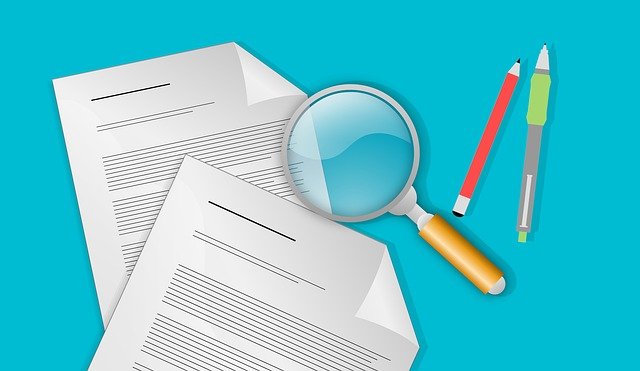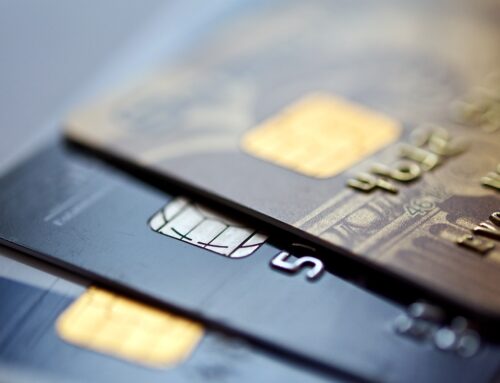How To Remove Medical Collections From Credit Reports
If you have medical collections on your credit report, you’re not alone. Medical debt is one of the most common types of debt that people carry, and it can have a major impact on your credit score and your ability to get new lines of credit.
Fortunately, there are things you can do to remove medical collections from your credit report. In this comprehensive guide, we’ll show you everything you need to know about how to get rid of medical collections for good.
First, let’s start with a little bit of background information on medical collections.
What Are Medical Collections?
Medical collections are unpaid medical bills that have been sent to a collection agency. Once a bill goes to collections, it will stay on your credit report for seven years.
Medical collections can happen for a variety of reasons. Maybe you had an unexpected medical emergency and couldn’t pay the bill right away. Or maybe you were insured but your insurance didn’t cover all of the costs.
Whatever the reason, medical collections can have a major negative impact on your credit score. In fact, just one medical collection can cause your score to drop by 100 points or more.
How To Remove Medical Collections From Your Credit Report
There are a few different ways to remove medical collections from your credit report. The best method will depend on your individual situation.
One option is to negotiate with the collection agency. You may be able to get them to agree to delete the collection from your report if you pay the bill in full.
Another option is to dispute the debt with the credit bureaus. If you can prove that the debt is not yours, or that it’s been paid off, the credit bureau will remove it from your report.
Finally, you can try to get the collection agency to agree to a “pay for delete” arrangement. This is where you agree to pay the debt in exchange for the collection agency agreeing to remove it from your report.
Which method you should use will depend on your individual situation. You may want to talk to a credit counseling service or an attorney who specializes in credit law to get some advice before taking action.
How To Prevent Medical Collections In The Future
The best way to deal with medical collections is to prevent them from happening in the first place. There are a few things you can do to reduce your risk of getting into medical debt.
First, make sure you have health insurance. This will help you pay for unexpected medical expenses if they come up.
Second, be proactive about your medical bills. If you get a bill that you can’t afford to pay right away, call the doctor or hospital and try to set up a payment plan.
Finally, stay on top of your credit report. Check it regularly to make sure there are no errors or negative information that could hurt your score.
Following these tips will help you avoid medical collections and keep your credit score healthy.
The Bottom Line
Medical collections can have a major negative impact on your credit score. But there are things you can do to remove them from your report.
If you have medical collections on your credit report, you should try to negotiate with the collection agency, dispute the debt with the credit bureaus, or get the collection agency to agree to a pay-for-delete arrangement.
You can also prevent medical collections by having health insurance, being proactive about your medical bills, and staying on top of your credit report. Following these tips will help you avoid getting into medical debt in the first place.
Medical collections can be a major headache. But with a little bit of effort, you can get rid of them and move on with your life.
Take action now! Repair your credit to get the houses, cars, apartments, or credit cards you truly deserve. When you successfully fix your credit, you level up your life! Contact us today for easy and fast credit repair. Masters Credit Consultants is here to help you now.
[wpi_designer_button slide_id=6350]







Leave A Comment